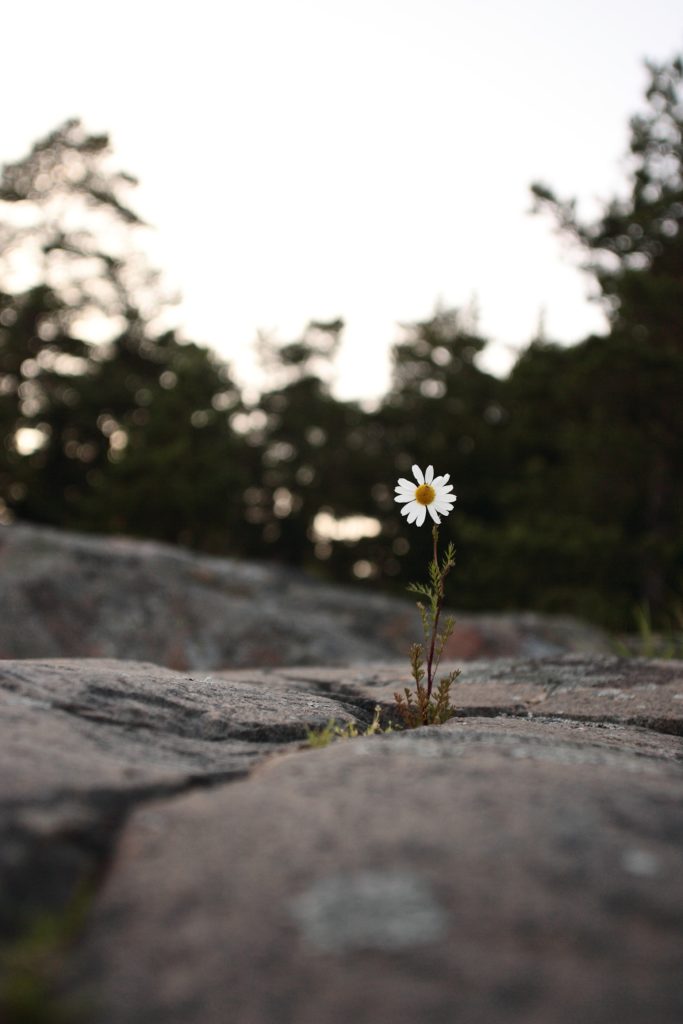The idea that anything good can come from grief, loss or trauma may be difficult to grasp. So much messaging around life’s most harrowing events is that sadly, life will never be the same again. And while life will never be the same again— “not the same again” does not mean it won’t get better. While people would do anything to have their loved one back or undo the loss/trauma—the research gives us hope that people can grow and derive meaning in their lives from loss and tragedy. The concept, coined “post-traumatic growth” refers to positive psychological change experienced as a result of a struggle with a highly challenging life circumstance—including devastating losses.
Why It Matters
So much of public perception is that people will languish indefinitely in response to life’s most distressing events—and possibly develop clinical levels of post-traumatic stress. But this is simply not true. The most common response to loss, trauma and bereavement is resilience; the majority of people can get through loss…and will be “okay” after a mourning period.
And while there are people that will need professional support to work through their grief, there are a number of people who will grow from loss, as well. It is possible to feel deep distress, and also growth. And these responses can be intertwined or occur at different points in time. What growth tends to look like: A realization that we can survive even the most gut-wrenching of events—and move forward anyway; finding a deeper appreciation of relationships and life; a stronger sensitization to the suffering of others; and finding a new type of meaning in life and/or having a deeper insight into spiritual questions.
Something To Think About
As we have shared this week, the grieving process is a different journey for everyone. As we grieve in our own lives and support others in their grief, it is helpful to know that many paths exist. Knowing that growth is possible gives us, as author Susan Miller puts it, “permission to thrive”in the wake of the loss or trauma,—even when that might not be what people expect or perceive to be a “correct response.”
Photo by Matti Keponen on Unsplash

Share this post